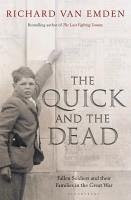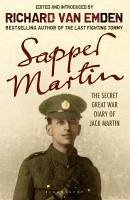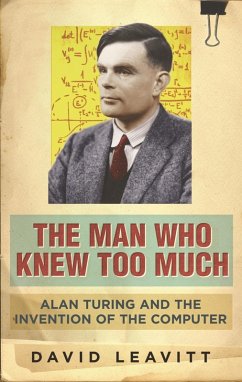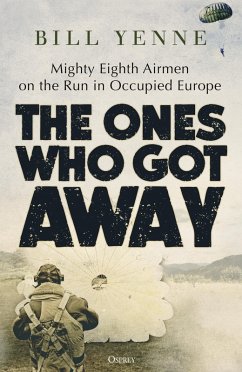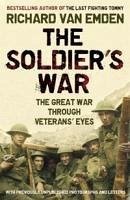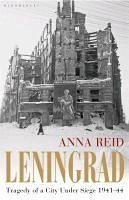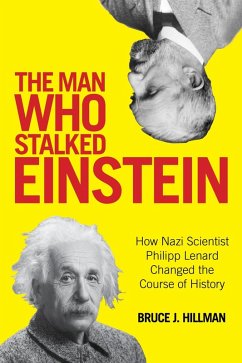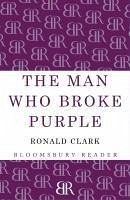
The Man Who Broke Purple (eBook, ePUB)

PAYBACK Punkte
2 °P sammeln!
Purple: the code used by the Japanese prior to the bombing of Pearl Harbour...Did the Americans have advance information of the devastation to come? Had they cracked Purple? Colonel William Friedman was 'the man who broke purple': this fascinating new biography of the world's greatest cryptographer reveals many new facts of the intriguing 'secret war' carried on by Intelligence departments in many countries.




